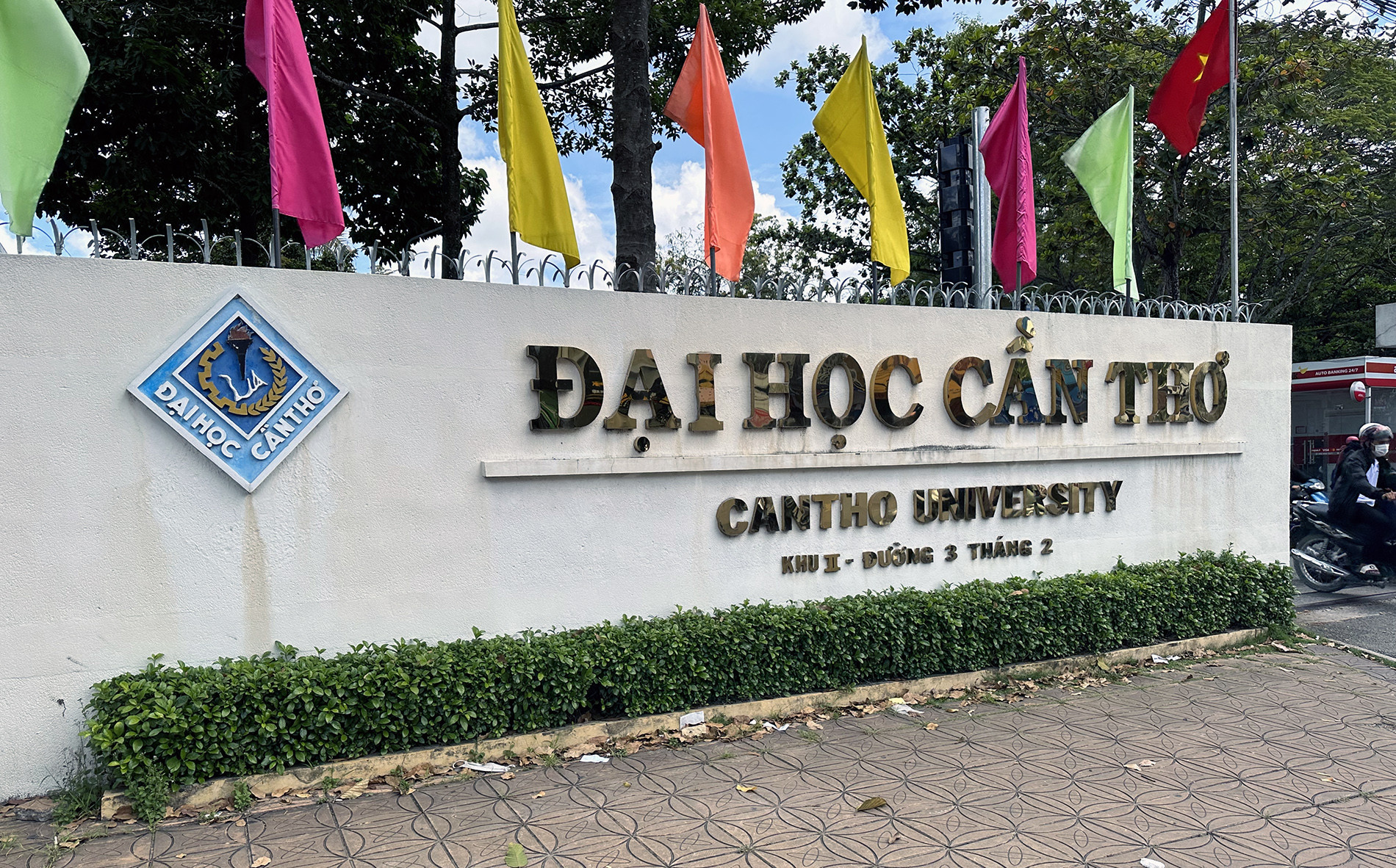
The issue was highlighted in the report on policies and laws on human resources to meet socio-economic development needs submitted by Can Tho University Rector Tran Trung Tinh to the National Assembly Delegation of Can Tho City.
As of the end of 2024, the institution had 1,596 staff and workers (including 1,130 teaching staff, with the remainder being administrative and support personnel) and thousands of students.
The university acknowledges that while its teaching staff has high expertise and extensive experience in teaching and scientific research, the proportion of lecturers with doctoral degrees remains low compared to expectations on a highly skilled, high-quality workforce.
According to Rector Tran Trung Tinh, Can Tho University lacks robust policies to attract highly qualified human resources, unlike non-public higher education institutions.
"Attracting highly qualified individuals in specialized fields such as healthcare, technical sciences, and technology faces difficulties due to uncompetitive salaries and incentive policies," he said, adding that the policies for recruitment, attraction, and retention of talent still have shortcomings and are not aligned with practical realities.
The report also mentioned the movement of labor between the public and private sectors.
There are cases of staff and workers leaving the university for the private sector, but the number of these cases is not high. The worrying issue is the high number of workers sent for doctoral training abroad who don’t return after graduation.
"This significantly impacts the university’s operational and development plans. Current legal regulations governing this issue still have many inconsistencies. As a result, the brain drain to the private sector and abroad continues to grow and has become a concerning trend," the report noted.
In 2023, the Ministry of Education and Training (MOET) Inspectorate required Can Tho University to name the lecturers who have to reimburse money as they pursued doctoral studies abroad under state funding but did not return to work for the university.
The report also pointed out problems at Can Tho University, such as a shortage of highly qualified lecturers in key fields; and the proportion of lecturers with doctoral degrees at just 58 percent, compared to the target of 70 percent by 2025.
Additionally, the distribution of lecturers with doctoral degrees is uneven. The number of professors and associate professors has increased but mostly in certain core units of the university, while some training units lack professors, failing to meet requirements for doctoral training programs.
Can Tho University wants to be allowed to directly recruit individuals with doctoral degrees as lecturers and to hire highly qualified foreign workers to work at public higher education institutions.
Thien Chi